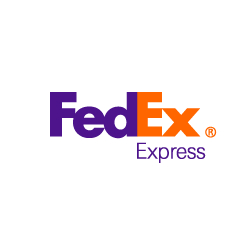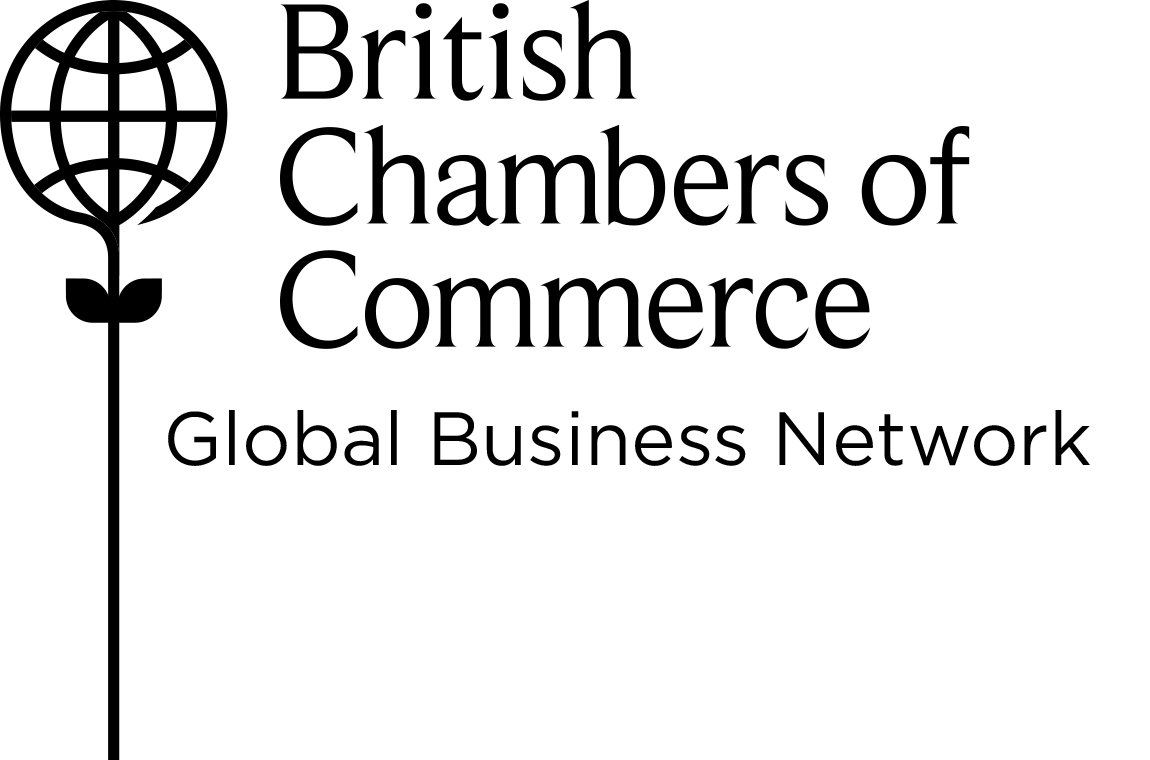Maximising the Value of PR Firms: A Guide to Budgeting and Partnering for Success
Date Posted:Wed, 15th Feb 2023

Public relations (PR) firms play a crucial role in helping businesses and organisations shape and communicate their brand identity, messages, and values to the public. Whether you're a small start-up looking to make a splash in your industry or a large corporation seeking to manage your reputation and stakeholder relations, working with a PR firm can be a valuable investment.
But with so many PR firms to choose from, it can be challenging to find the right partner and budget appropriately for their services.
Many business owners may first think that handling PR in-house is the way to go or perhaps they hire a freelancer - or they aren’t thinking about PR at all. The truth is that professional PR firms have the skills to craft and disseminate your brand’s message in the most effective way possible, reach the right audiences, and help you stay on top of industry trends.
But I know what you're thinking, "Wouldn’t hiring a PR firm break the bank?"
The short answer is no.
Though PR services will have a cost, you’ll see a return on investment (ROI) from the coverage and exposure your brand receives that is exponentially higher than what you’ll pay. Plus, reaching new markets opens the door to expansion for your brand - and at a fraction of the cost of most marketing campaigns or launching a new brick-and-mortar branch.
In this article, we'll explore the various types of PR firms, the services they offer, and why setting aside a budget is important, how to budget and how to measure the ROI of your PR efforts.
Types of PR Firms
PR firms come in all shapes and sizes, and the type of firm you choose should depend on your business goals and needs.
Here are a few common types of PR firms.
Boutique PR firms: These smaller firms specialise in a specific industry or area of expertise, such as fashion, technology, or healthcare. They often have strong relationships with journalists and influencers in their niche and can provide personalised, targeted PR campaigns.
Full-service PR firms: These firms offer a range of PR and marketing services, including media relations, social media management, event planning, and content creation. They can be a one-stop shop for all your PR needs but may not have the same level of specialisation as boutique firms.
In-house PR departments: Some businesses choose to handle their PR in-house, either by hiring dedicated PR professionals or assigning tasks to existing employees. This option can be cost-effective, but it requires significant time and resource commitment.
Services Offered by PR Firms
PR firms offer a wide range of services, including but not limited to:
- Media Relations: PR firms can help you craft press releases, pitch stories to journalists, and secure media placements in print, online, and broadcast outlets. They can also help you manage crisis communication and handle negative media coverage.
- Event planning: PR firms can help you plan and execute events, such as product launches, press conferences, and media tours.
- Influencer outreach: PR firms can help you identify and collaborate with influencers in your industry to amplify your message and reach a larger audience.
- Research and analysis: PR firms can conduct market research, analyse your media coverage, and provide insights and recommendations for improvement.
Why should you budget for a PR firm?
Budgeting for PR can be an important aspect of any business or organisation's marketing strategy. It allows you to allocate resources effectively and ensure that you are getting the most out of your PR efforts.
PR firms also have different pricing options and will work with you to create a customised plan that fits your budget.
The most important thing you need to know is that when you work with a PR firm, you’re investing in building current and potential revenue sources by shining a spotlight on your brand. While it may seem like an added expense, the ROI can be well worth it in the long run. So, if you're ready to take your communication efforts to the next level, consider setting aside a budget for a professional PR firm, which brings us to the next point.
How do I create a budget for a PR firm’s services?
Well, the cost of PR services varies widely, depending on the type and scope of work, the size of the firm, and the location of the business. Here are a few factors to consider when budgeting for PR services:
● Retainer fee: Many PR firms work on a retainer basis, where you pay a monthly fee for a set number of deliverables and hours of work. The retainer fee can range from a few thousand dollars to several hundred thousand dollars per month, depending on the services provided and the size of the firm.
● Project-based fee: Some PR firms offer project-based pricing, where you pay a fixed fee for a specific project
There are a few key steps to budgeting for PR:
- Identify your PR goals: What do you want to achieve through PR? Your goals could be anything from increasing brand awareness to driving sales.
- Determine your target audience: Who do you want to reach with your PR efforts? Understanding your target audience will help you tailor your messaging and select the right channels for reaching them.
- Establish a budget: How much money do you have to spend on PR? It's important to allocate enough resources to make an impact, but you also don't want to overspend.
- Plan your PR tactics: Once you have a sense of your budget, you can start planning out the specific tactics you will use to reach your goals. This could include things like media relations, social media campaigns, or events.
Measuring ROI
Measuring the ROI of your PR efforts can be a complex task, as it involves assessing the impact of various PR activities on your business. However, there are several key metrics that can be used to evaluate the effectiveness of your PR efforts.
One of the most important metrics is media coverage. This includes the number of media mentions which are usually provided in either daily, weekly, or monthly reports from the PR firm, the reach of the publications or outlets that covered your company, and the type of coverage, whether it is organic or paid.
Other metrics to consider include website traffic, social media engagement, lead generation, and sales.
To accurately measure the ROI of your PR efforts, it is important to establish a baseline for each of these metrics before starting your PR campaign. Then, during and after the campaign, you can track changes in these metrics and use them to calculate the ROI of your PR efforts.
Additionally, it is important to keep track of the costs associated with your PR campaign, including staff time, materials, and external agency fees. By comparing these costs to the impact of PR efforts on your business, you can determine the overall ROI of your campaign.
PR can be a powerful tool for businesses and organisations, as it allows you to share your story and message with a wider audience.
By budgeting effectively, you can ensure that you are maximising the impact of your PR efforts and achieving your goals.
For more information about SOCIATE Communications, check out this article on what a PR firm is and what services they offer.











